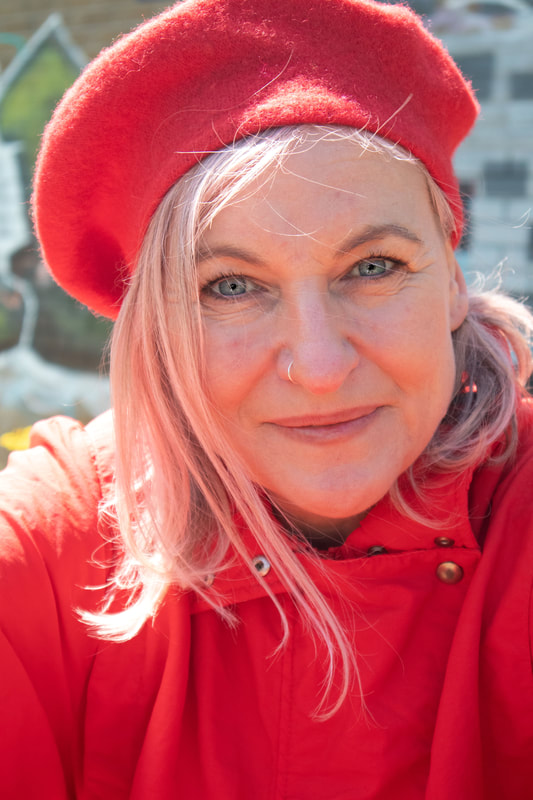|
What a gift! The opportunity to travel to Porto to take my research and The Activist Clown Weekend workshop to a group of Portuguese clowns, artists, campaigners and activists. The wonderful human, Eva Ribeiro, suggested the idea back in February after she attended my online Activist Clown Toolkit Co-lab Series. Her work with clowning and activism is alive and vibrant. As well as nurturing a beautiful, politically engaged rebel clown community, she performs almost weekly, organising exchanges and projects and right now she’s in Senegal collaborating with the International Clown Lab. I would like to mention, Eva is also a brilliant and generous host and I felt so welcome and looked after.
For the workshop Eva has gathered 12 participants from all over Portugal that we meet in an spacious Working Men’s Club in Vila Nova de Gaia on the south bank, across from Porto. We work in a large dance hall, we eat lunch together at a massive table and have a drink a the end of the day. I love these places, rituals and moments that feel so very European. Over two days I pack a lot in. Maybe too much. Clown training, partner work, audience connection, authority and status, movement and ensemble work. We touch on the political potential of clowning and explore what the practice can transform or teach us about ourselves. We have the opportunity to take a clown posse into the streets on the afternoon of the second day. A crazy idea after such a full weekend...but the work belongs here, it comes alive in public space, with spectators and purpose. You can read reflections from our street action here. What happens when you support the political messaging? And what if there is no clear target? The clowns become the target. It’s Labour Day, Sunday 1 May. A bank holiday that internationally is used to defend workers’ rights. In the centre of Porto hundreds had gathered; unions, workers groups, veterans and anarchist groups, brandishing banners and flags to highlight their cause. We most certainly supported the event but wondered what would the role of the clown be if we went to play in that political space. Could we fulfil our role as commentators and also as activators and change-makers? As we began to discuss this the same questions arise; what’s the point? why are we doing this? is it insensitive to bring mockery and humour to those politically charged spaces? As always I ask the clowns to come with a sense of research; let’s try it and see what happens. If we intellectualise or talk to much, we’ll talk ourselves out of going.
The group settled on the idea of dressing as a Syndicate of Bosses. Playing with authority and parody provided lots of games, both supportive and provocative. For instance, the call ‘Anti-stress’ resulted in long massage lines and culminated in a huge circle meditation that easily involved lots of participants in the game. The bosses could also congratulate workers on a job well done which had increased their profits. And when the bosses yelled ‘get back to work’ this elicited playful boos from one group of workers. Here the clowns provide a provocation that can help spectators to express unspoken or taboo ideas in a safe and playful way. As always the territory the clowns play in is fluid and what we stand for is not always clear. Is that our power? Some spectators didn’t understand what we were doing, some violently pushed the clowns out of the way, which very quickly changed the playful atmosphere for the clowns. Some spectators were curious enough to watch for a bit longer, earning the reward of the ‘aha’ moment when they got the joke and our playful intention. What is certain is that these political spaces are sensitive and they take practice for clowns to remain connected, positive and playful and to greet all responses with open-hearted love. For love is truly what the clowns can bring. |
AuthorCreative research into the meeting point of clowning and activism Archives
May 2024
Categories |
ABOUT ROBYN
Robyn is a Bristol-based director, teacher and performer. With over 20 years experience she is a passionate practitioner of clowning, physical theatre, circus and street arts. She has a MA in Circus Directing, a Diploma of Physical Theatre Practice and trained with a long line of inspiring teachers including Holly Stoppit, Peta Lily, Giovanni Fusetti, Bim Mason, Jon Davison, Zuma Puma, Lucy Hopkins and John Wright.
Over the past five years she has been exploring the meeting point of clowning and a deep desire to address the injustices in the world. This specialism has developed through her Masters Research ‘Small Circus Acts of Resistance’, on the streets and in protests with the Bristol Rebel Clowns and in research residencies with The Trickster Laboratory. Robyn’s Activist Clown research has led to collaborations with Jay Jordan (Laboratory of Insurrectionary Imagination, France), Clown Me In (Beirut), LM Bogad (US), Hilary Ramsden (Greece) and international Tricksters; ‘The Yes Men’ (US). During the pandemic in 2020, Robyn set up The Online Clown Academy with Holly Stoppit and developed a series of Zoom Clown Courses. Robyn’s research, started during her Masters, has been exploring the meeting point of clowning and activism, online, in the real world and with international collaborators. With this drive to explore political edges of her work she has also dived back into the world of the Bouffon; training with Jaime Mears, Bim Mason, Nathaniel Justiniano, Eric Davis, Tim Licata, Al Seed and the grand master Bouffon-himself; Philippe Gaulier. Keen to explore the intersection of clowning and politics, Robyn is driven to create collaborative, research spaces, testing and pushing the limits of the artform to create new knowledge and methodologies for her industry and strengthen partnerships for future work. Some of her most recent collaborations and teaching projects have included the Nomadic Rebel Clown Academy (5-day Activist Clown Training), The Laboratory of the Un-beautiful (Feminist Grotesque Bouffon Training for Womxn Theatre Makers) and the Clown Congress (annual gathering of clowns, activists & academics collectively exploring what it means to be a clown in this current era) |
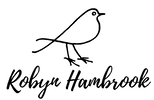
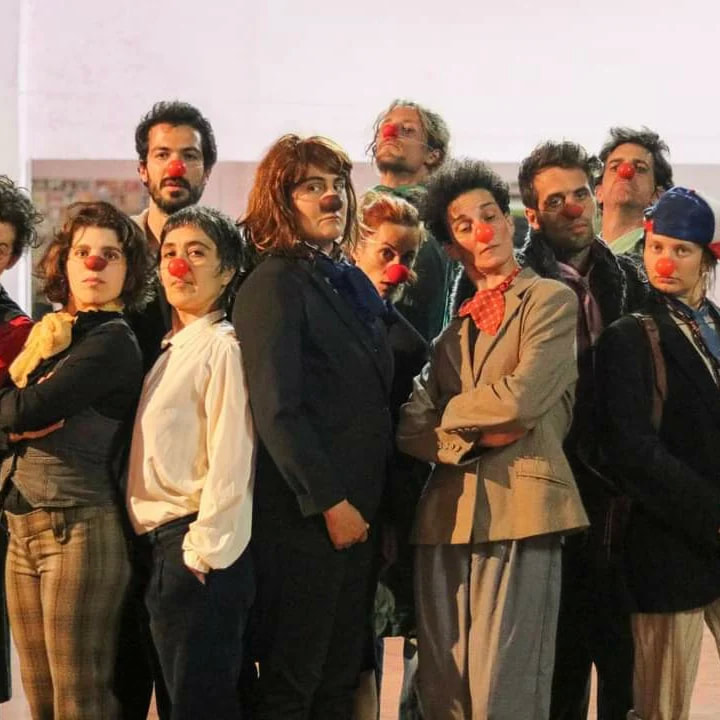
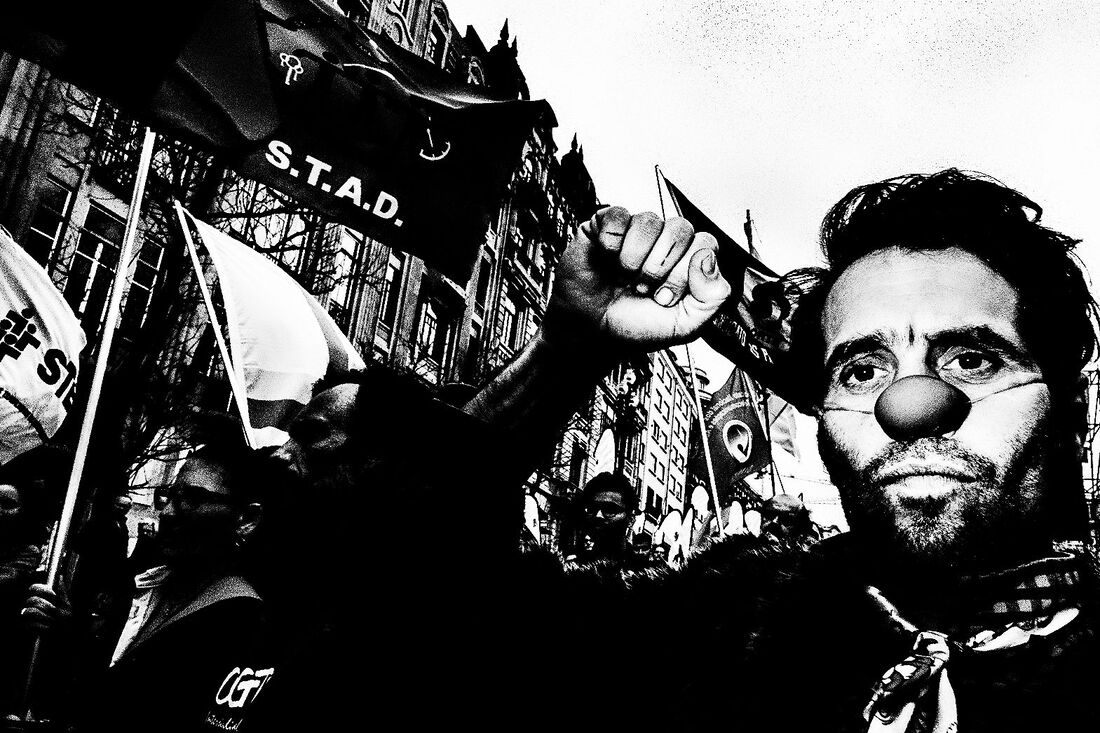
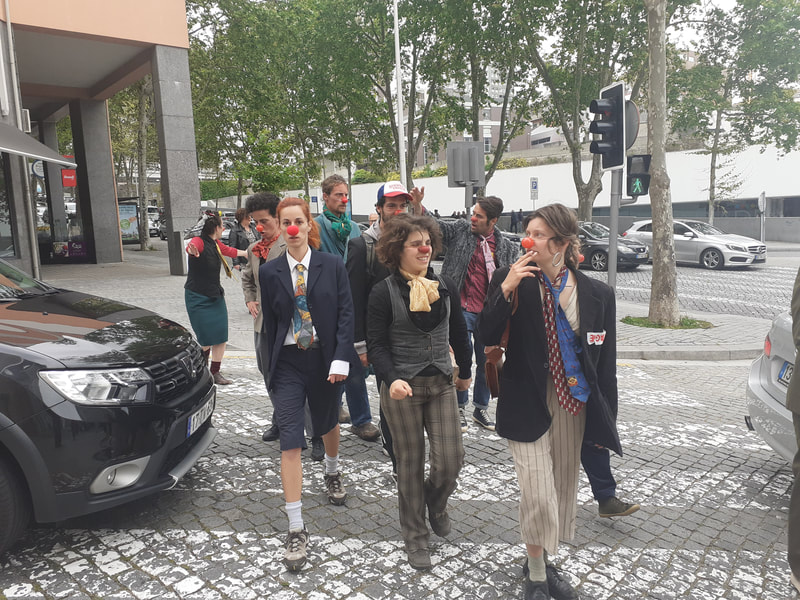
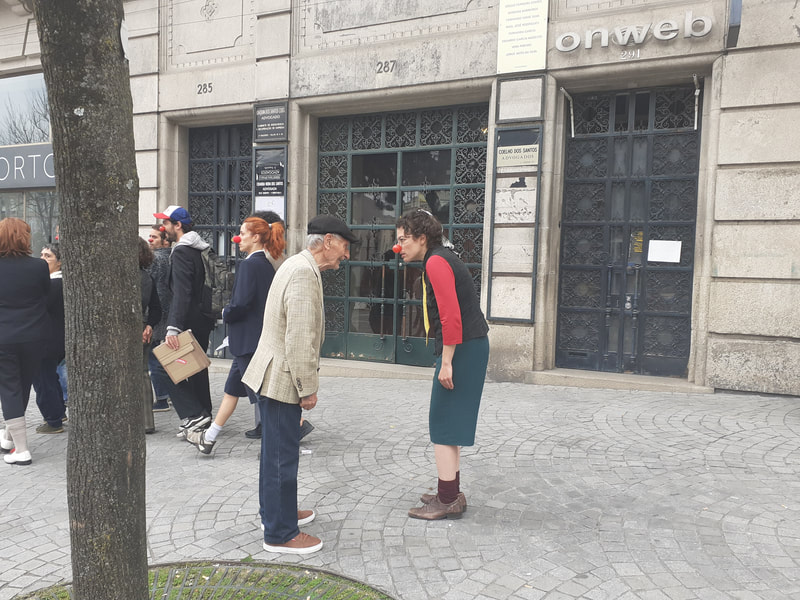
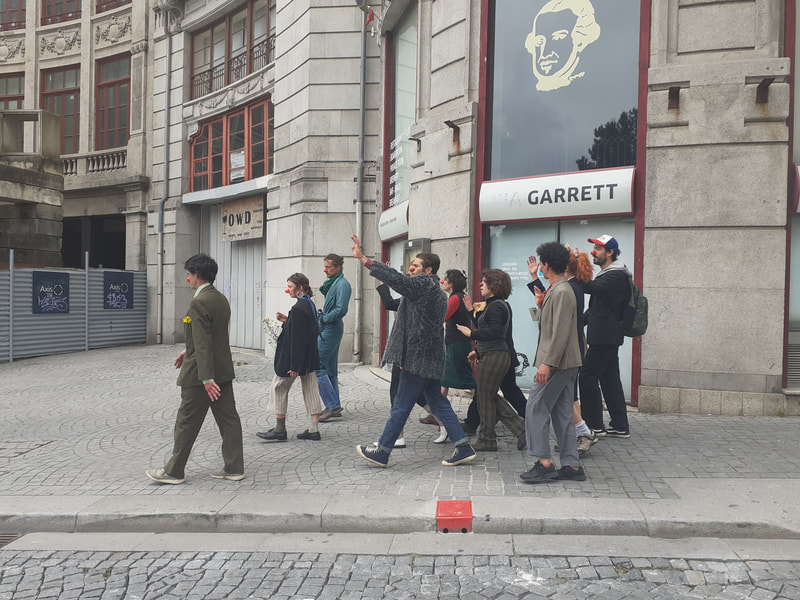
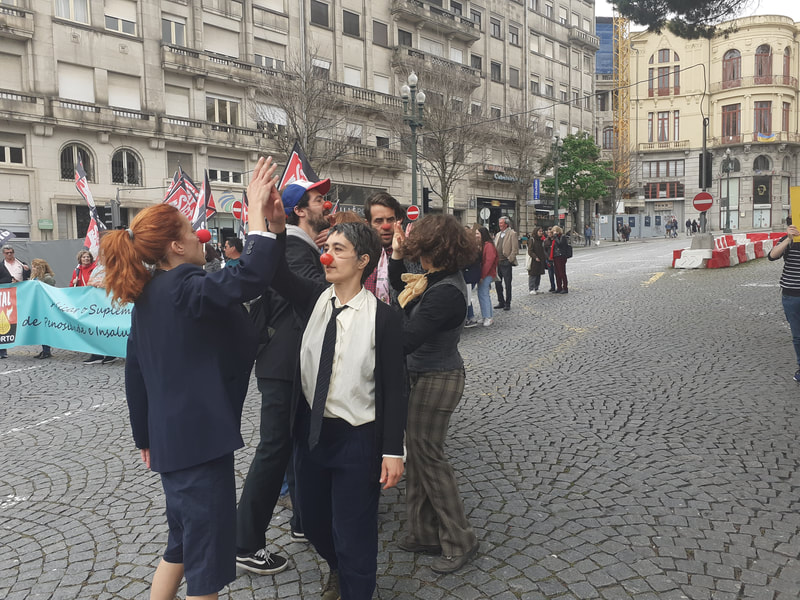
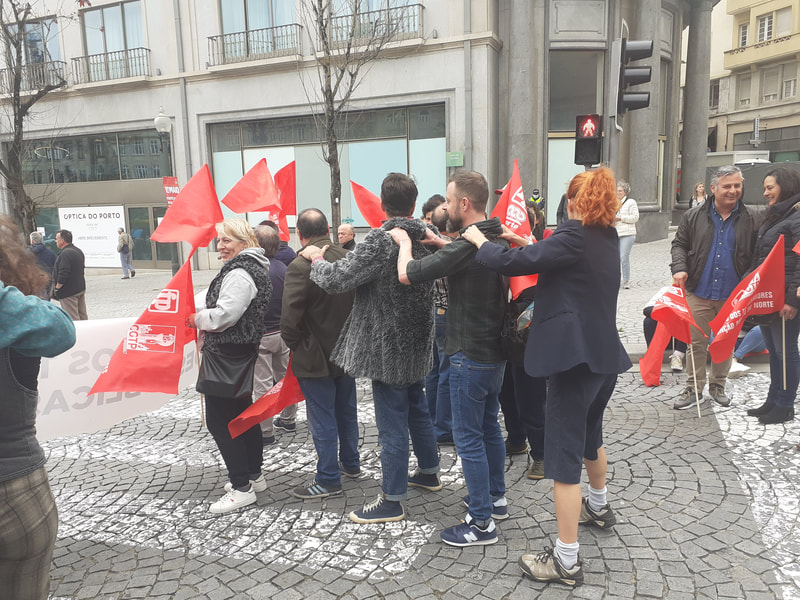
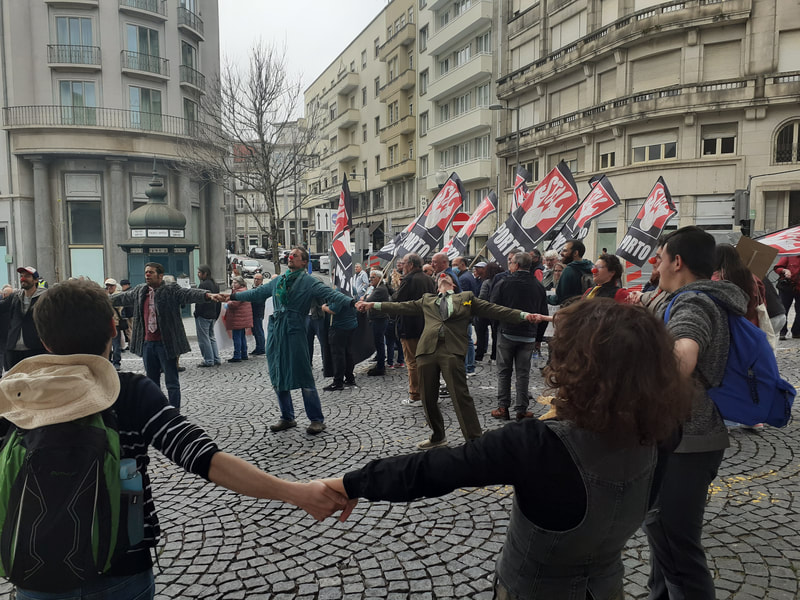
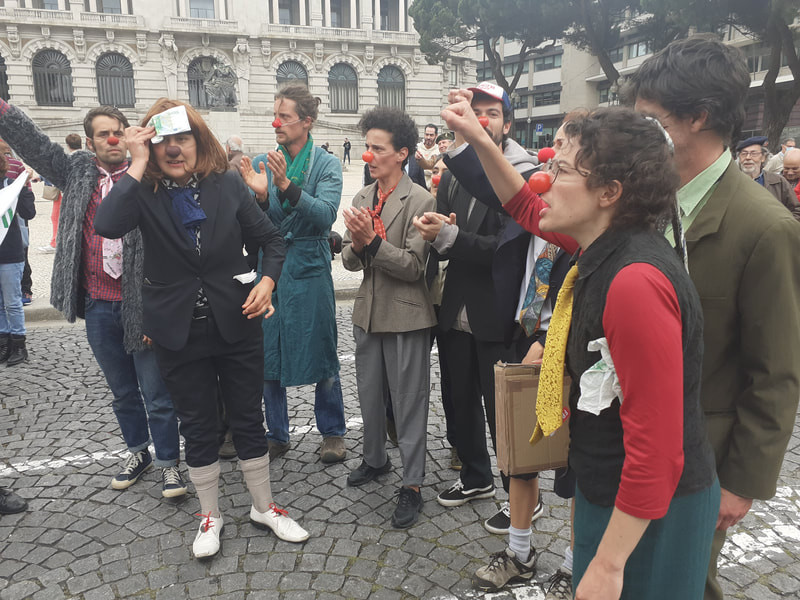
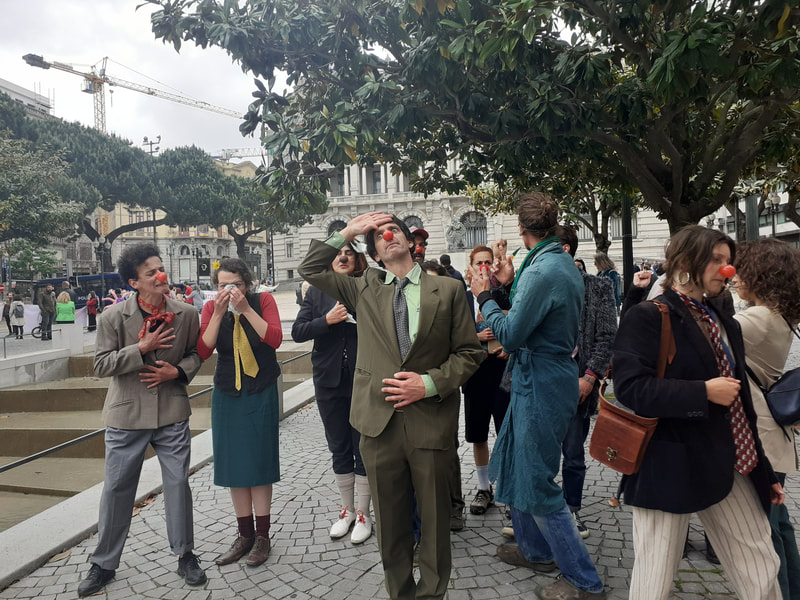
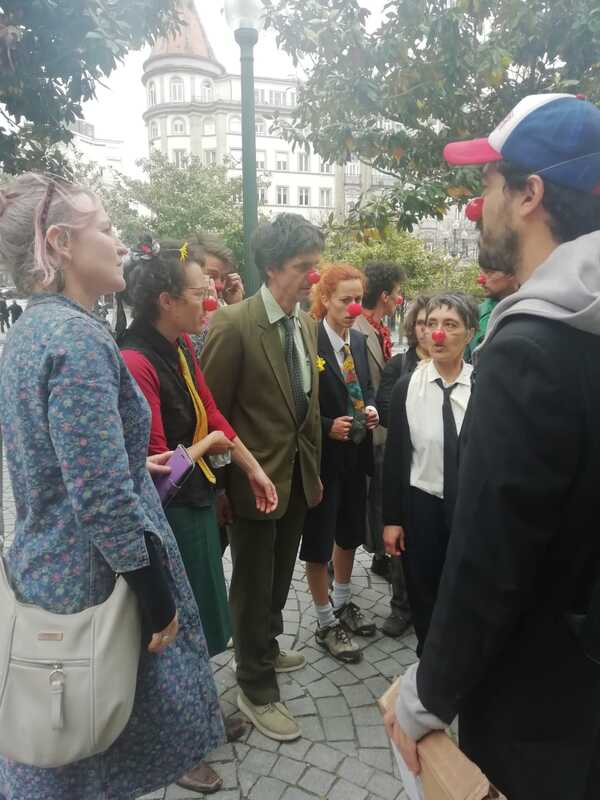
 RSS Feed
RSS Feed
